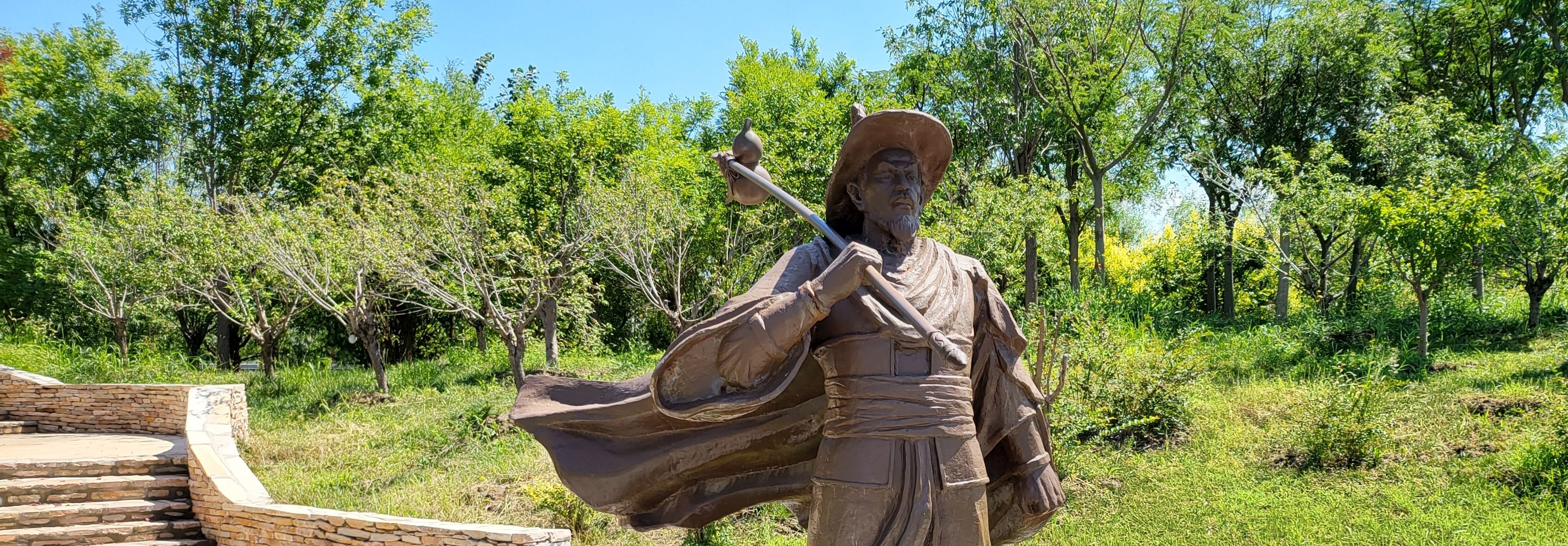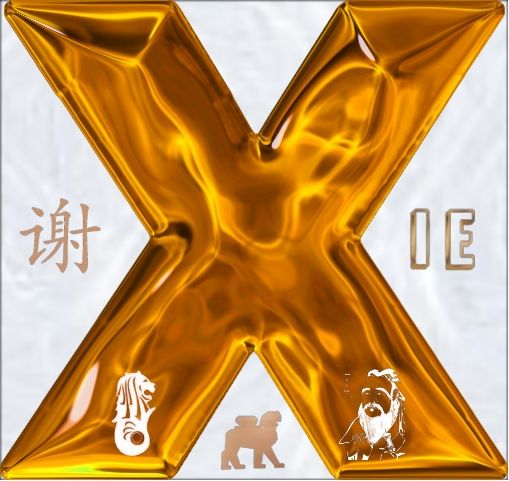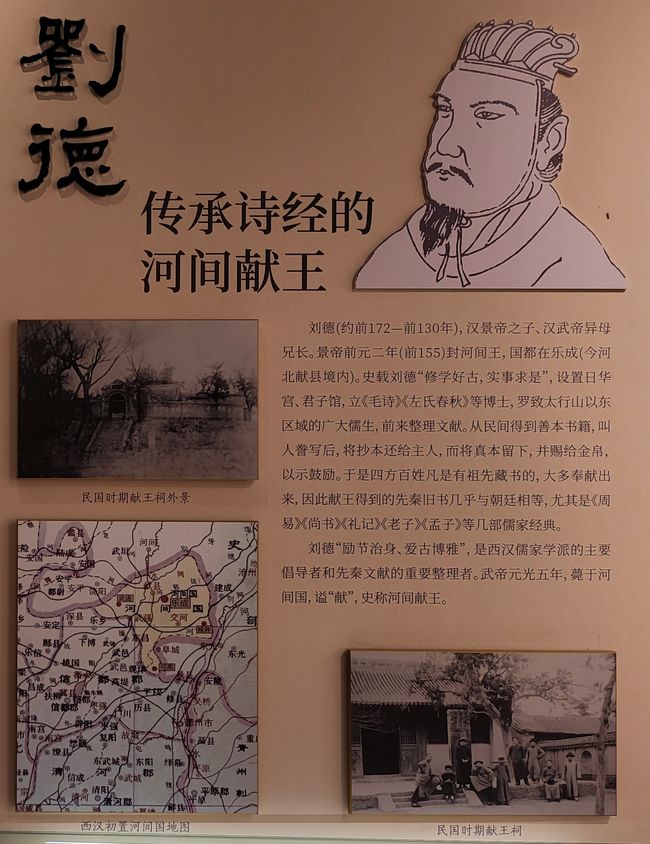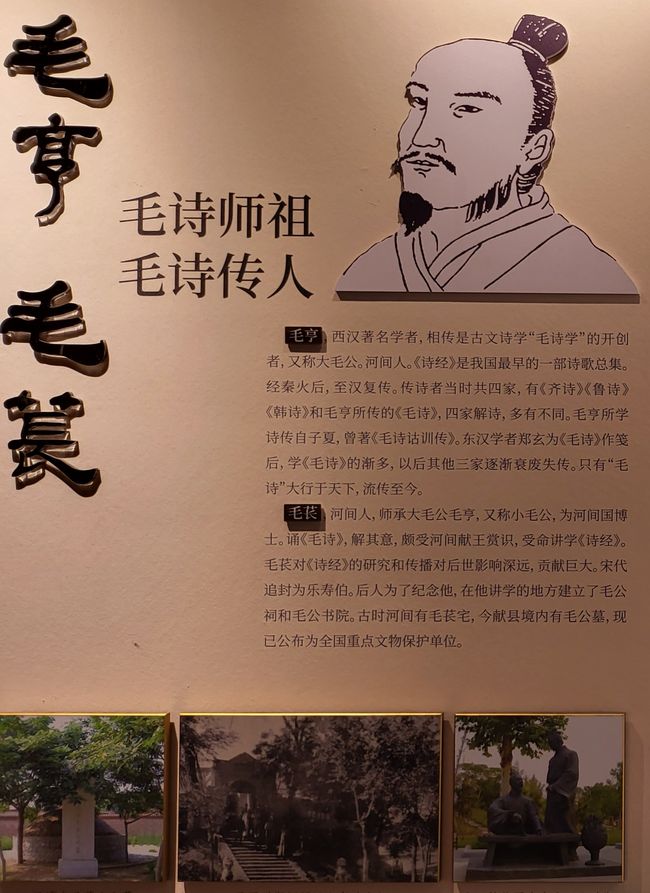The Philosopher King and His Scholar
Publikuar: 14.08.2024
In Part 2 of my blog post mini-series about famous personalities in the Cangzhou region, we now head west to Hejian County and Xian. There, during the early Han Dynasty (206 BC - 220 AD), was the center of the Kingdom of Hejian. In the context of dismantling the local nobility and centralizing power, a son of Emperor Jing (188 BC – 141 BC, birth name: Liu Qi) was appointed as king. This son, named Liu De (circa 172 BC – 130 BC), was the third son of the emperor and was considered a philosopher. He studied the ancient past and sought the truth through events and facts. He established the Rihua Palace, where he invited many Confucian scholars from the area east of the Taihang Mountains. He also purchased original ancient books, had these books copied, and gave the former owners the copies while he retained the originals. For this, he paid the previous owners much gold and silk, which is why more and more people came to him to sell their books. As a result, his library grew rapidly. Additionally, he aspired to moral virtues, which led the writer Zhang Ji, a poet of the Tang Dynasty, to say that he was the only virtuous member of the Han Dynasty imperial family.
Mao Chan was active under King Liu De in Hejian. He was taught by Mao Heng in ancient poetry. Mao Heng was a famous scholar of the Han Dynasty who revived ancient poetry. Ancient poetry is akin to the historical records of antiquity and is considered a significant source of information on the cultural development in China. There were other scholars and schools that interpreted this important historical poetry, but only the poetry of Mao Heng has been passed down to this day.
Mao Chan recited the poems of Mao Heng and understood and explained their meanings. Thus, the knowledge in the Confucian classic
Përgjigju
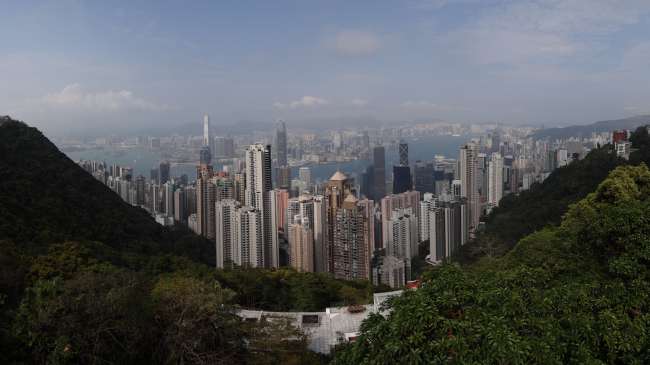
Raportet e udhëtimit Kinë
